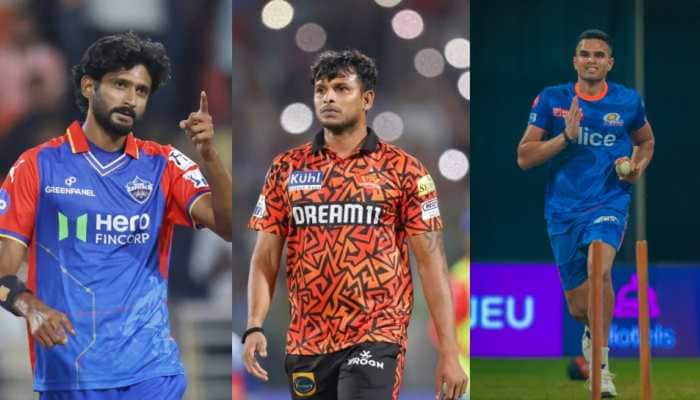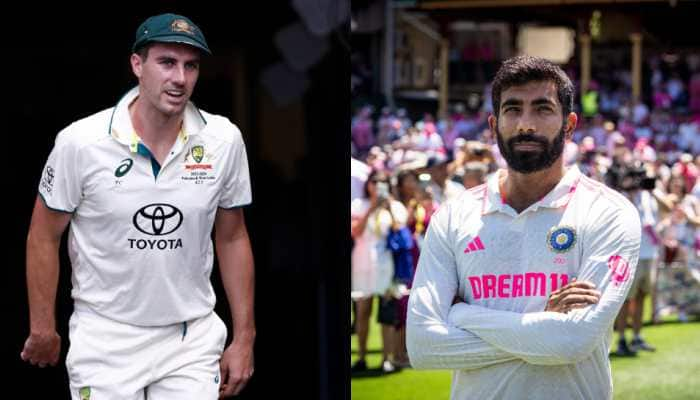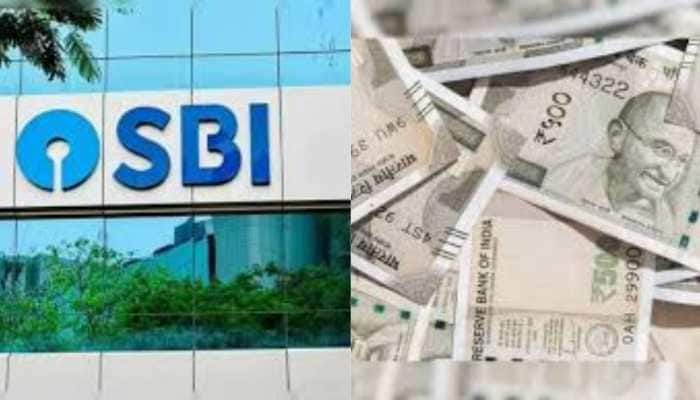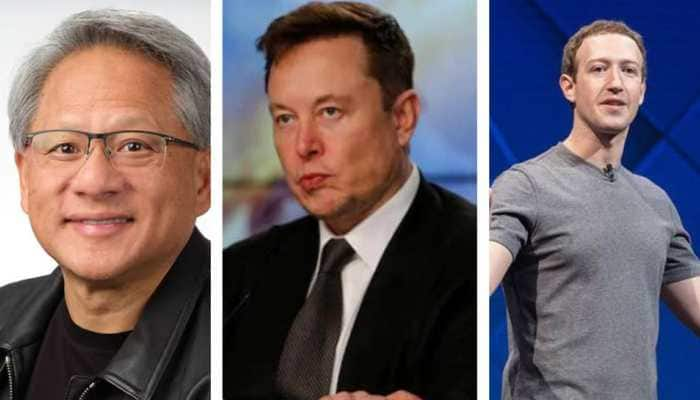External Affairs Minister S Jaishankar explains why India decided against joining RCEP
India's key concerns on Regional Comprehensive Economic Partnership (RCEP) were not addressed, said External Affairs Minister S Jaishankar.
- External Affairs Minister S Jaishankar said that India opted-out of RCEP as key concerns were not addressed.
- India had opted out of the RCEP on November 15.
- As many as 15 Asia-Pacific nations, including China have signed the deal.
Trending Photos
)
New Delhi: External Affairs Minister S Jaishankar on Wednesday said that India chose to opt-out of the Regional Comprehensive Economic Partnership (RCEP) as a number of key concerns were not addressed.
During a virtual discussion at the Centre for European Policy Studies, the external affairs minister speaking on RCEP said: "We saw that a number of our key concerns were not addressed. We had to take a call then whether to enter a trade agreement if our major concerns are not addressed."
India on November 15 had opted out of the trade deal, which was signed by 15 Asia-Pacific nations, including China.
In November last year, India decided not to join the RCEP agreement as its key concerns were not addressed. The key reasons behind New Delhi`s decision to remain out of the world`s biggest trade agreement include inadequate protection against import surge, insufficient differential with China, possible circumvention of rules of origin, keeping the base year as 2014 and no credible assurances on market access and non-tariff barriers.
Jaishankar also spoke of the urgent need to reform the UN, saying that the United Nations (UN) must take into consideration the shortcomings that are being pointed out by different countries.
"Different people in different parts of the world are pointing out to the shortcoming and relevance of the UN, is something that the UN should take seriously. It is common sense. Everything requires updating," Jaishankar said.
"We can`t let the interest of one or two countries that want to freeze one moment of history for their perpetual gain. The longer we let this gridlock continue, it is harming the UN," he said.
About the proposal for a free trade agreement (FTA) with EU, Jaishankar said the Indian government had spoken of the need to resume negotiations on this and that India wants a "fair and balanced FTA" with EU.
"After our government came to power, we had spoken repeatedly about the need for negotiations. We want a fair and balanced FTA. I recognise that an FTA with Europe isn`t an easy negotiation. Conversations are on."
Stay informed on all the latest news, real-time breaking news updates, and follow all the important headlines in india news and world News on Zee News.
Live Tv







)
)
)
)
)
)
)
)
)
)
